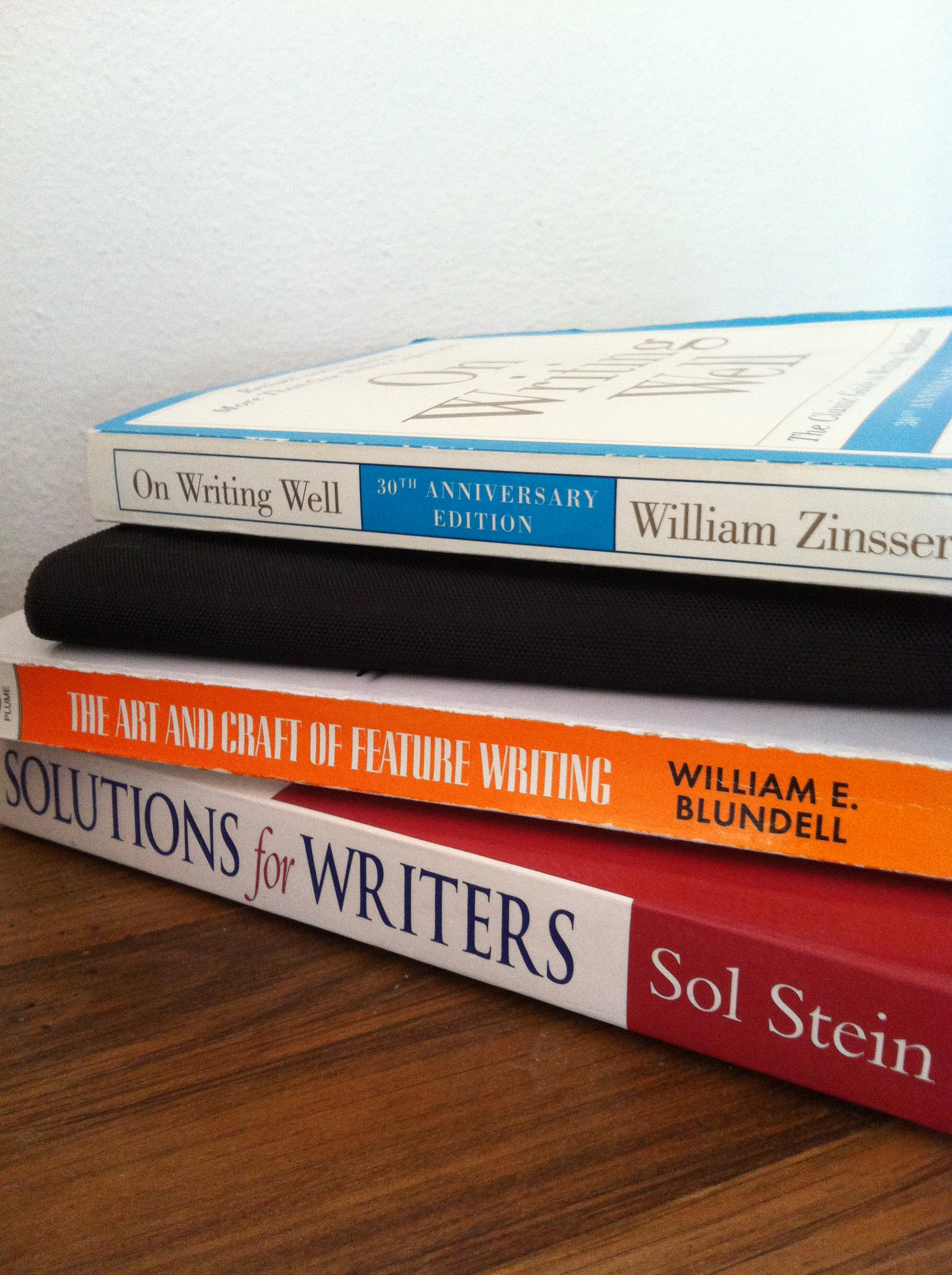Riding the bus home with my newly purchased e-reader tucked into my bag I felt a little pang of guilt. Had I cast a stone at the institutions, which brought me nothing but joy for decades by obtaining this little gadget? Was I just one node in a death of a thousand page-clicks to the bookstores that I love? With paper-books I can browse shelves in any bookstore I want. The e-reader on the other hand forces me to a limited ‘ecosystem’. It made choosing the right one impossible (the ‘right one’ – one that allows me to buy books in any format, wherever and whenever I want – doesn’t actually exist). E-reader manufacturers simply monopolise our book-buying choices. This annoys me, because I want the convenience and flexibility but I’d rather my local Readings or the Brunswick Street Bookstore took a part of the profits on the purchases I make. Yes: as I passed both these institutions on the bus home I felt a little culpable.
It was perhaps for this reason it took me a few days to take the gadget out of the box. It was as if I were introducing a new cat to the household. I left the e-reader in the hallway and went into my room to pet and reassure all of my printed books.
On day three I opened the box and charged the reader up. A week after buying it I set up my account and finally let it sit on the dresser just inside my room. Later still, I downloaded a few samples (I hadn’t bought anything yet). I cautiously placed the reader on the stack of books by my bed, cooing warmly to the printed-brood.
I even thought about taking it back (so strong was my guilt). But again and again I came back to those frustrating moments when I needed a book for my research and couldn’t get a copy anywhere, when a day of productivity was lost traipsing to a library at some distant university to read or copy just a few of the relevant chapters. So I kept the e-reader, picking it up for a time every now and then.
Eventually I found myself in need of some guidance on my work. To my surprise none of my usual reference-tomes had chapters of relevance. (They are all still great books if you’re interested: Sol Stein’s Solutions for Writers, William E Blundell’s The Art and Craft of Feature Writing and William Zinsser’s On Writing Well).
I did a search on Google, but nothing helpful came up. So I went to my e-reader and soon found a book that was suitable. For the price of three pots of tea in a café I had it ‘delivered’. I was working to resolve the writing issue within minutes. It was just too easy, and all of the anxiety and guilt I felt about buying the thing evaporated.
The stranglehold of manufacturers still leaves a sour taste in my mouth. And I know it will make things more difficult for publishers and their writers while we all try to negotiate profitable terms. But I think the monopoly will eventually be toppled while the technology will remain.
And though the gadget proved its worth (and has continued to do so) I haven’t stopped buying hard copy books. For me, the experience of shopping for, and reading the real thing is still infinitely richer.
Yet these technical developments and new forms of distribution harbour tremendous potential for writers. In next week’s post I’ll discuss just that, including part two of my interview with Mark Davis.


